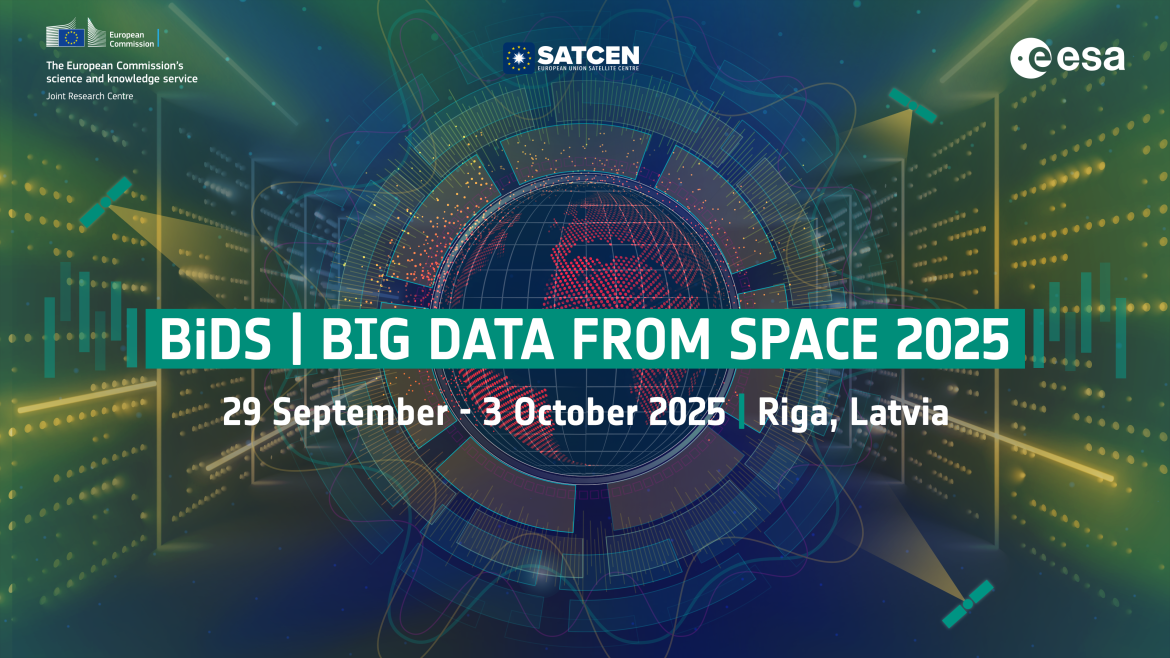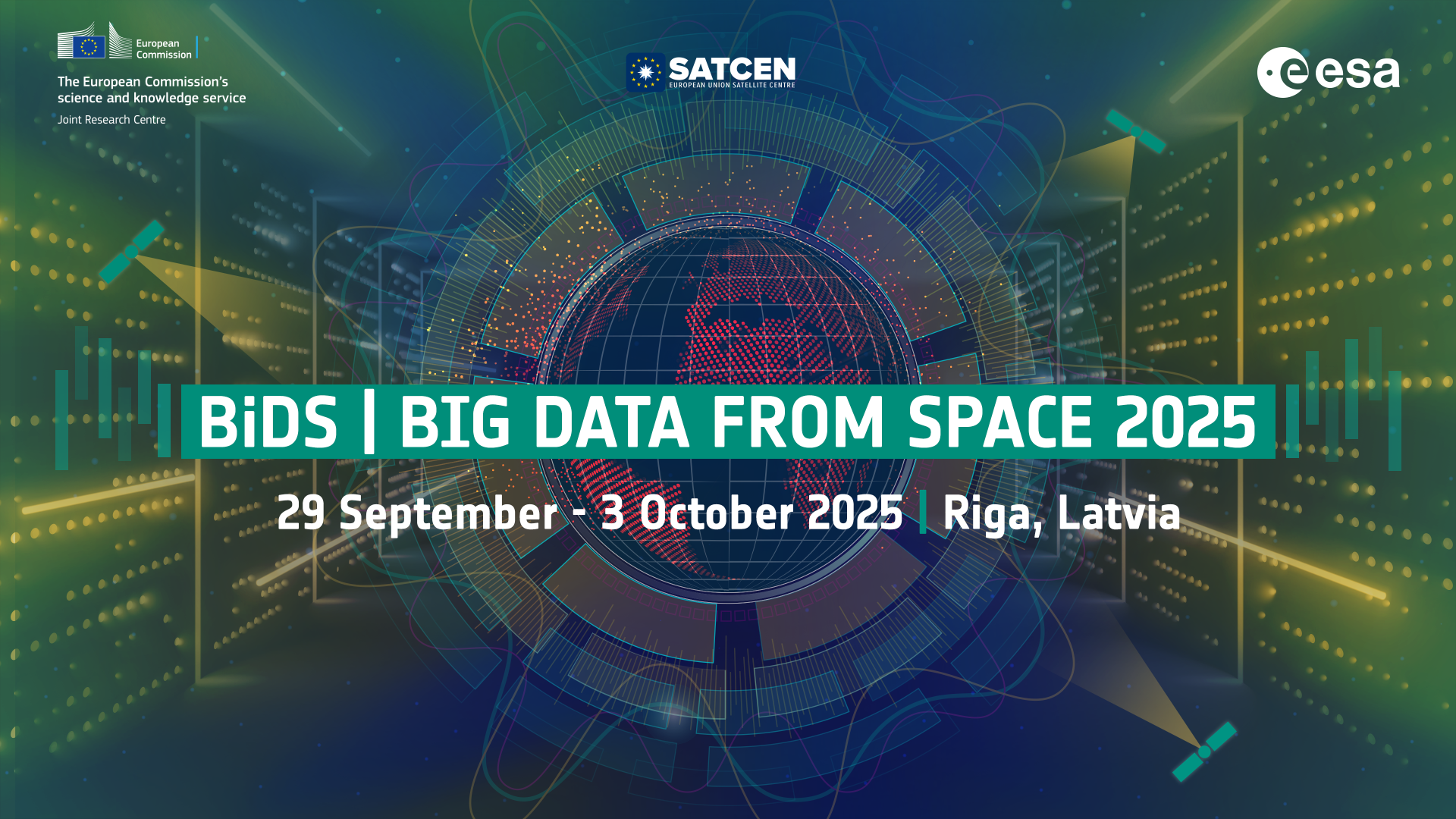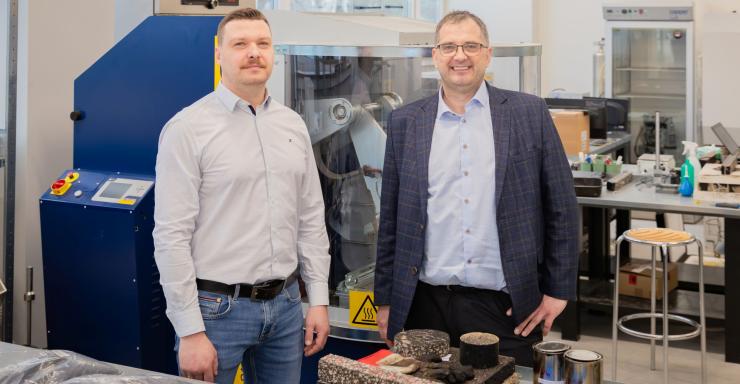How can space data help predict natural disasters, improve agriculture, or strengthen cybersecurity? These questions will be addressed at the international conference "Big Data from Space 2025" (BiDS2025), taking place in Riga from September 29 to October 3. The event will bring together scientists, technology experts, industry representatives, and entrepreneurs to discuss the use of big data and space technologies. Participation is free of charge; online registration is open until September 15.

The first two days of the event (September 29–30) will be held at the University of Latvia Academic Center (Jelgavas Street), and from October 1–3, the conference will continue at the National Library of Latvia (Mūkusalas Street 3).
The program combines topics related to data acquisition solutions and their practical applications – turning space data into benefits for society and business. Several hundred experts from around the world will take part in panel discussions, scientific sessions, an industrial exhibition, hackathons, and hands-on workshops.
Rosa M. Badia from the Barcelona Supercomputing Centre will present how modern high-performance computing infrastructures (EuroHPC) facilitate the management of complex data flows and their practical applications, including the use of digital twins, disaster modelling, and FAIR (findable, accessible, interoperable, reusable) data solutions.
Thomas Brunschwiler from IBM Research (Switzerland) will introduce new approaches to satellite data processing using foundation models and semantic data representation. In his presentation, "Tokens and Embeddings: The New Lingua Franca for Exploring Planet Earth," he will showcase how the upcomingtools, for example "TerraMind+", enables faster and more accurate understanding of processes on our planet.
Lynn Dudenhöfer, a security and intelligence expert, will discuss how Earth observation data and open-source intelligence (OSINT) are utilised in intelligence work to address emerging security challenges. The talk will also explore the use of artificial intelligence in combating organised crime, data applications in crisis management, and cross-border cooperation in identifying cyber threats.
The program will feature:
- Two panel discussions with high-level experts from the European Union and international organisations
- Scientific sessions and poster presentations
- An industrial exhibition showcasing companies from the Baltic region and across Europe
- Live demonstrations showing how satellite data can detect and monitor changes in climate, forests, and water quality
- Practical workshops using open satellite data, artificial intelligence, and quantum computing
- A "code sprint" – an intensive programming session to develop real prototypes for data analysis and problem-solving (e.g., wildfire prediction, agricultural solutions, urban analysis)
- Student and startup idea presentations
The official language of the conference is English.
Registration and more information are available on the event website.
The conference is organised by the European Space Agency (ESA), the European Commission's Joint Research Centre (JRC), and the European Union Satellite Centre (EU SatCen), in cooperation with the Ministry of Education and Science of the Republic of Latvia, as well as partners – the Investment and Development Agency of Latvia, the Latvian Space Industry Association, and the University of Latvia.
The international conference is organised within the framework of the Ministry of Education and Science project No. 1.1.1.1/1/24/I/001 "More Effective and Smarter Implementation and Management of Latvian Science Policy."


